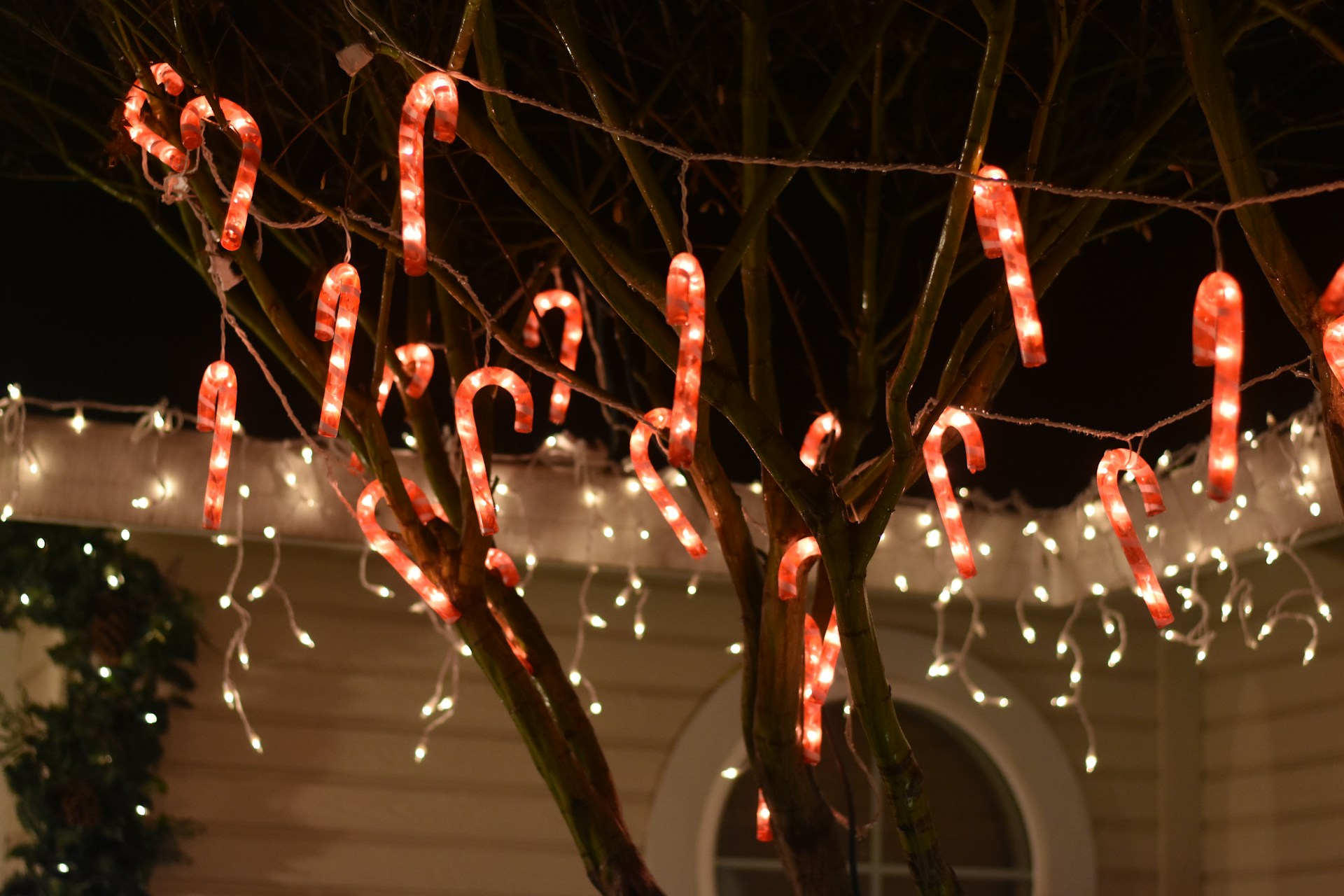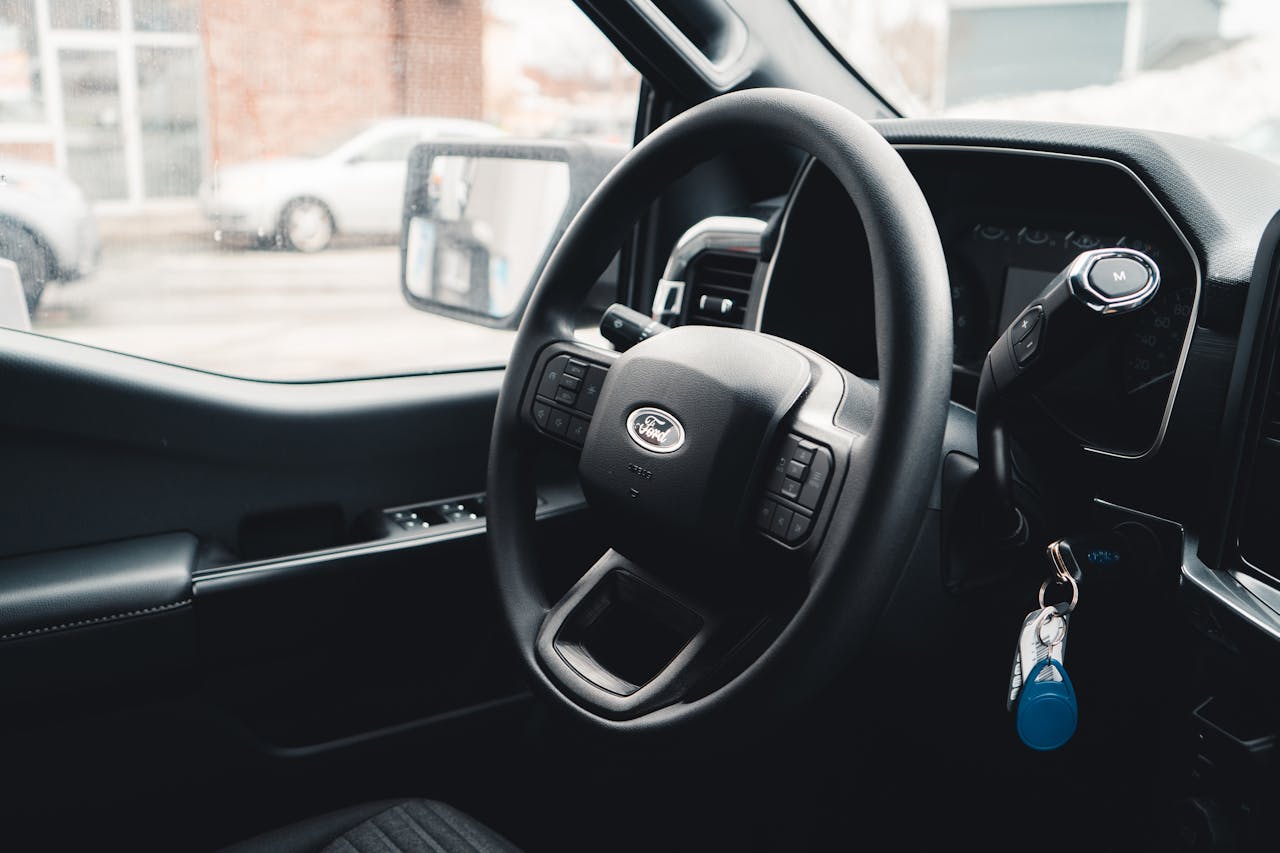
Mobile home living has become a viable and attractive option for many, reflecting a trend toward more affordable and flexible housing solutions. Amohomeowners insurance and dogsng these homes, older models—specifically those that surpass the two-decade mark—present unique characteristics and hold sentimental value for their owners. However, owners of older mobile homes face unique challenges when securing mobile home insurance.
The intricacies of obtaining coverage for these residences stem from their distinct characteristics and perceived risks. Securing insurance for older mobile homes involves understanding the key factors determining policy options and pricing and receiving valuable advice for owners aiming for wide-ranging protection.
Understanding the Insurance Landscape for Older Mobile Homes
Mobile homes are built in factories and then transported to a site where they are installed. While they offer flexibility and affordability, their non-traditional nature can complicate insurance matters, especially as they age. Insurers often view older mobile homes as high-risk due to their vulnerability to damage from natural disasters, fire, and wear and tear over time. This perception influences the availability and cost of insurance policies.
Challenges of Insuring Older Mobile Homes
Older mobile homes typically encounter several insurance hurdles due to factors inherent in their design and age. Insurers often perceive these homes as higher risks for several reasons:
- Outdated Construction: The materials and methods used to construct mobile homes over two decades ago might not meet today's building codes. Such dwellings are less resistant to perils like fires or severe weather conditions.
- Wear and Tear: As a mobile home ages, the roof, plumbing, and electrical systems may deteriorate. This natural degradation increases the likelihood of insurable incidents, such as water damage from leaks or electrical fires.
- Increased Damage Susceptibility: Age and construction quality make older mobile homes more vulnerable to damage, especially from external forces such as storms or falling trees.
For mobile homeowners, especially those with mortgages, these insurance difficulties are magnified by strict insurance requirements. Homeowners may need help finding policies that satisfy their mortgage providers, often at higher premiums for adequate coverage.
Additional considerations include:
- Depreciation: Insurance values may be based on the current worth of the mobile home rather than the cost to replace it, leading to lower payouts.
- Compliance with Standards: Post-1976 mobile homes constructed after enforcing the HUD standards typically find it easier to obtain insurance.
Securing insurance for an older mobile home can be done, but it often requires patience and a clear understanding of these challenges. Homeowners must proactively address these issues when seeking coverage to protect their property and fulfill their mortgage obligations.
Benefits of Opting for a Newer Mobile Home
When considering the purchase of a mobile home, the advantages of newer models are significant in terms of insurance viability. Newer construction standards have greatly improved the build quality of these homes. They comply with the National Mobile Home Construction and Safety Standards Act, which entails stringent guidelines for construction to ensure excellent safety and durability.
Safety features in newer mobile homes are far superior, including updated smoke alarms, carbon monoxide detectors, and reinforced structures to better withstand natural disasters. These enhanced safety measures provide peace of mind for the homeowner and reduce the perceived risk for insurance providers, potentially lowering insurance premiums.
Moreover, energy efficiency has become a cornerstone of newer mobile home designs, incorporating better insulation, energy-efficient windows, and HVAC systems. These improvements reduce homeowners' energy costs and reflect a lower environmental impact.
New mobile homes are a wise investment with lower risk profiles and improved mortgage lender appeal. The following summarizes the benefits:
- Construction Standards: Improved build quality and compliance with HUD regulations.
- Safety FeaturesAdvanced alarms and reinforced structures.
- Energy Efficiency: Lower operating costs and a reduced environmental footprint.
- Insurability: More favorable terms from insurers.
The collective impact of these factors makes newer mobile homes a more attractive and sensible choice for prospective buyers.
.jpeg)
Navigating Insurance for Older Mobile Homes
When pursuing insurance for an older mobile home, homeowners should consider enhancing its insurability. Mobile home upgrades are one proactive measure that can positively affect insurance eligibility and rates. For instance, installing a new roof or updating the electrical systems can reduce insurers' perceived risk.
In terms of certifications, obtaining an inspection that leads to a HUD compliance certification can also work in the homeowner's favor. Homes adhering to the Department of Housing and Urban Development (HUD) standards may more likely qualify for better insurance terms.
Here are some steps to make an older mobile home more attractive to insurance providers:
- Replace or upgrade any outdated features with current, safer alternatives.
- Perform regular maintenance to prevent issues that could raise insurance rates or lead to coverage denial.
- Install security features to decrease the likelihood of theft or vandalism claims.
Exploring alternative insurance solutions can be beneficial for those encountering difficulties in finding traditional insurance. Specialty insurers often provide policies catered to older mobile homes, considering their unique needs. Additionally, industry-specific associations or groups may offer resources or group policies that address the challenges of insuring older homes.
To identify the best insurance solution, homeowners should compare quotes from diverse providers, including:
- Specialty providers for older mobile homes
- Traditional insurance companies that offer mobile home policies
- Association group insurance programs
Each option will have its own balance of insurance coverage, cost, and conditions, making it critical for homeowners to thoroughly assess their needs against the policy offerings to secure adequate protection.
Navigating Insurance for Older Mobile Homes
Insuring an older mobile home presents unique challenges. Owners need to consider the potential increased risks due to aging structures. Recognizing these challenges is crucial for protecting oneself against unforeseen damage.
Newer mobile homes often have advantages such as improved safety features and enhanced design that can positively affect insurance terms. These homes can be more appealing to insurers and may offer better long-term value in durability and cost-effectiveness.
Homeowners are advised to explore insurance options thoroughly. Assessing various policies helps ensure the chosen insurance provides adequate coverage that aligns with their mobile home's specific needs and risks. Obtaining the right insurance is vital in securing one's financial stability and peace of mind.
Start Your Quote Today
Our licensed specialist will search for the best insurance quotes and will email you when ready.



